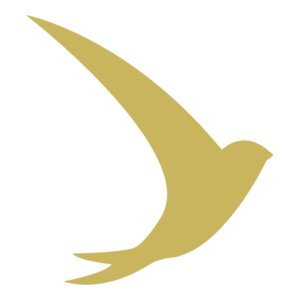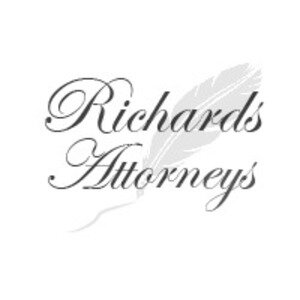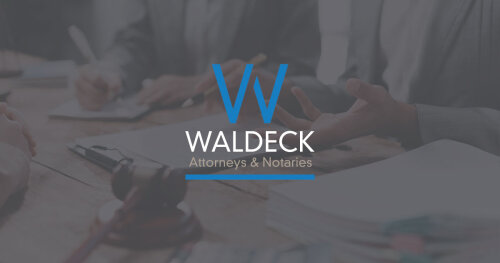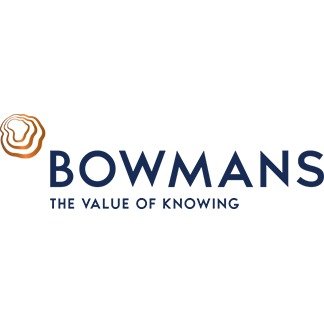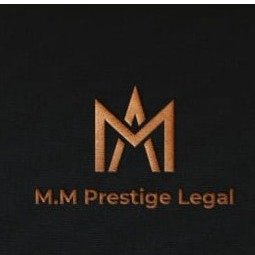Best Copyright Lawyers in South Africa
Share your needs with us, get contacted by law firms.
Free. Takes 2 min.
Or refine your search by selecting a city:
List of the best lawyers in South Africa
About Copyright Law in South Africa
Copyright law in South Africa provides protection for the creators of original works by granting them exclusive rights over the use and distribution of their creations. This includes a wide range of works such as literary, musical, dramatic, and artistic works, audio-visual material, and more. The main legislation governing copyright in South Africa is the Copyright Act of 1978 and its subsequent amendments. The legal framework ensures that authors and creators can control how their work is used and financially benefit from it. Copyright protection arises automatically in South Africa and does not require formal registration.
Why You May Need a Lawyer
There are several circumstances where you may find it necessary to seek legal advice related to copyright in South Africa:
- Unauthorized Use: If your work has been used without permission, a lawyer can help you enforce your rights and seek compensation.
- Licensing Agreements: Crafting or reviewing licensing arrangements to ensure they adequately protect your rights and interests.
- Copyright Infringement Defense: If accused of copyright infringement, having legal guidance can help in defending your case effectively.
- Ownership Disputes: When there's a conflict over the ownership of a work, legal advice can clarify and resolve such disputes.
- Protection Strategies: Lawyers can assist with strategies to safeguard your works and intellectual property portfolio.
Local Laws Overview
South Africa's copyright law is primarily outlined in the Copyright Act of 1978, as amended. Some key aspects include:
- Automatic Protection: Copyright is automatic, meaning no need to register, and it applies to original works only.
- Duration: Generally, copyright lasts for the life of the author plus 50 years after their death for most works.
- Exclusive Rights: Copyright holders have exclusive rights to reproduce, publish, perform, adapt, or broadcast works.
- Fair Use: There are certain exceptions under which works can be used without permission, known as 'fair dealing', such as for research or private study.
Frequently Asked Questions
What is copyright?
Copyright is a law that gives creators exclusive rights to use, distribute, and alter their creative works for a certain period, protecting them from others using their work without permission.
How do I obtain copyright protection in South Africa?
Copyright protection is automatic upon creation of your original work and does not require any formal registration in South Africa.
What types of works are protected by copyright in South Africa?
Certain types of works including literary, musical, artistic, cinematic works, sound recordings, broadcasts, and computer programs are protected under South African copyright law.
How long does copyright last in South Africa?
Copyright typically lasts for the life of the creator plus 50 years after their death for most works. However, the duration can vary depending on the type of work.
What is 'fair dealing'?
'Fair dealing' refers to exceptions in copyright law that allow limited use of copyrighted works without permission for specific purposes such as private study, research, criticism, or news reporting.
Can I use someone else's work if I give credit?
No, giving credit doesn’t substitute for obtaining permission to use someone else's copyrighted work, although it’s a good practice in terms of attribution.
What happens if I infringe on someone's copyright?
If you infringe on someone’s copyright, you could be subject to legal action which might result in financial penalties, a cease and desist order, or other remedies.
How can I prove that I am the owner of a work?
To prove ownership, keeping draft versions, dated notes, witness statements, or any form of documentation that shows the work was authored by you helps substantiate your claim.
Can software be copyrighted?
Yes, computer programs are protected under South African copyright law, allowing the developer exclusive rights to their software.
What should I do if I want to license my work?
Consulting a legal expert in copyright law can help you set up comprehensive licensing agreements ensuring your rights are protected while allowing others to use your work under defined terms.
Additional Resources
Several resources and organizations can be helpful for legal advice on copyright:
- The Companies and Intellectual Property Commission (CIPC): Responsible for administering laws related to intellectual property in South Africa.
- South African Copyright Council: Provides resources and support for copyright holders and users.
- Legal Aid South Africa: Offers legal assistance to those unable to afford a lawyer.
- Community Law Centres: Various centers that can provide initial legal advice and resources.
Next Steps
If you need legal assistance regarding copyright law in South Africa, consider the following steps:
- Identify and document the copyright issue you are facing in detail.
- Consult with a lawyer specializing in copyright law to understand your rights and options.
- Consider reaching out to organizations such as Legal Aid South Africa if financial constraints are a concern.
- Prepare any documents, evidence, or communications relevant to your case for your legal advisor.
- Follow your lawyer's guidance and develop a strategy to address your copyright issue effectively.
Lawzana helps you find the best lawyers and law firms in South Africa through a curated and pre-screened list of qualified legal professionals. Our platform offers rankings and detailed profiles of attorneys and law firms, allowing you to compare based on practice areas, including Copyright, experience, and client feedback.
Each profile includes a description of the firm's areas of practice, client reviews, team members and partners, year of establishment, spoken languages, office locations, contact information, social media presence, and any published articles or resources. Most firms on our platform speak English and are experienced in both local and international legal matters.
Get a quote from top-rated law firms in South Africa — quickly, securely, and without unnecessary hassle.
Disclaimer:
The information provided on this page is for general informational purposes only and does not constitute legal advice. While we strive to ensure the accuracy and relevance of the content, legal information may change over time, and interpretations of the law can vary. You should always consult with a qualified legal professional for advice specific to your situation.
We disclaim all liability for actions taken or not taken based on the content of this page. If you believe any information is incorrect or outdated, please contact us, and we will review and update it where appropriate.
Browse copyright law firms by city in South Africa
Refine your search by selecting a city.




